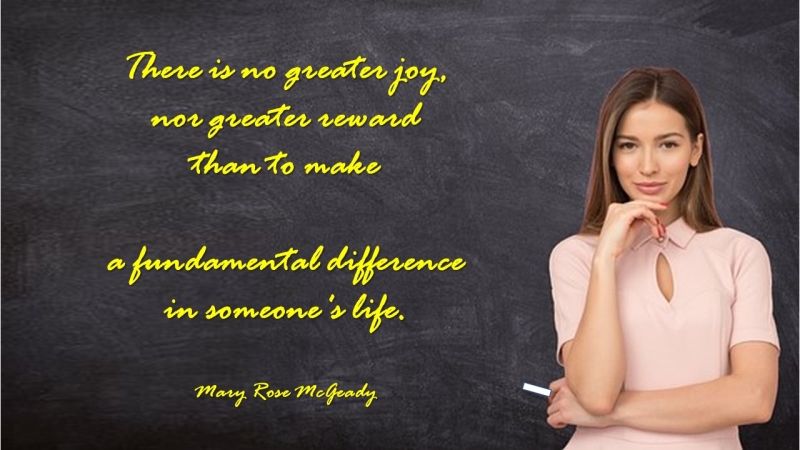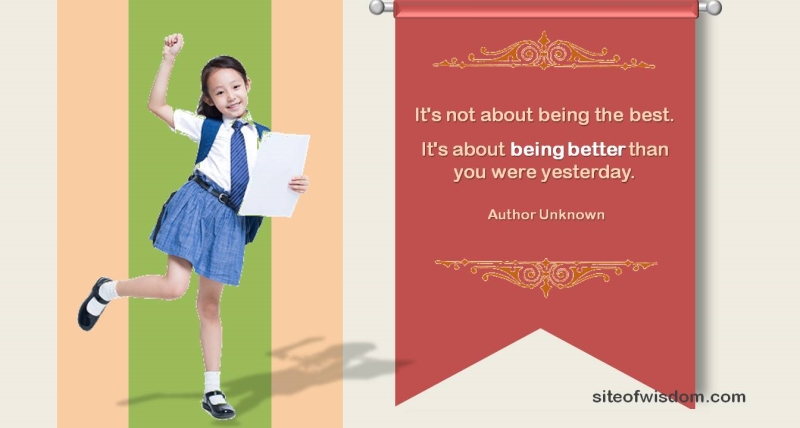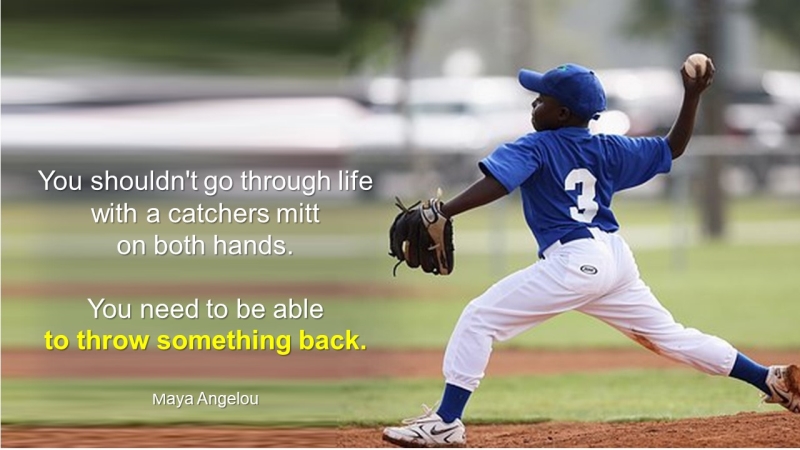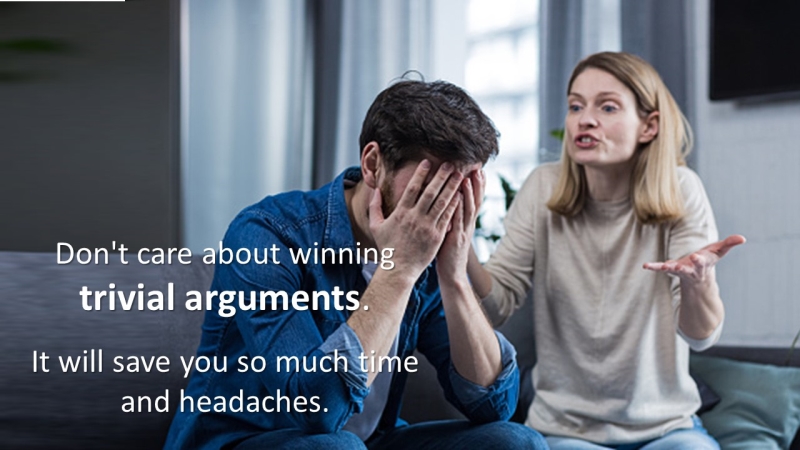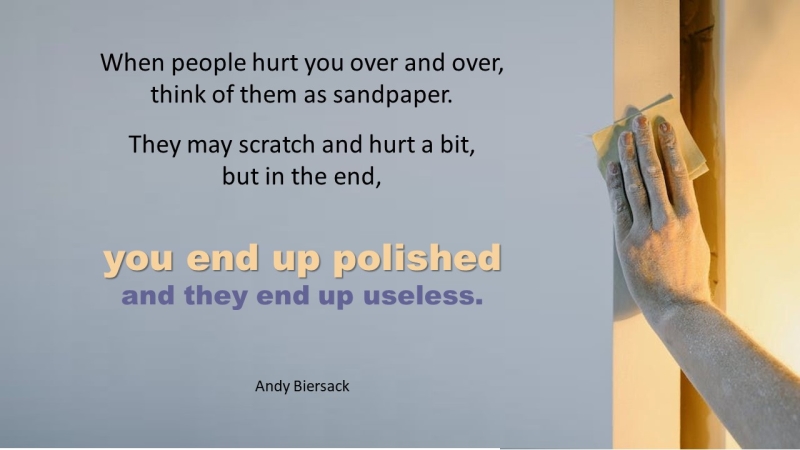
Transforming Pain into Purpose: The Sandpaper Philosophy
HAVE YOU EVER BEEN HURT REPEATEDLY BY SOMEONE? It’s a painful and frustrating experience that can leave you feeling helpless and vulnerable. However, there’s a way to reframe this experience that can help you find some peace and empowerment: by thinking of the people who hurt you as sandpaper. It could be a friend, a family member, or significant other.
What is sandpaper?
Sandpaper is a type of abrasive material used to smooth and polish surfaces. It’s made up of tiny particles that scratch and remove small amounts of material from the surface, ultimately leaving it smoother and more polished. Sandpaper is used in various applications, from woodworking to metalworking to automotive repair.
Understanding the Nature of the Sandpaper
Let us examine the nature of sandpaper as it pertains to our benefit:
- Not all sandpapers are created equal. Sandpaper comes in a variety of grits, from coarse to fine. Similarly, not all people who hurt you are equally damaging. Some may cause only minor scratches, while others may cause deep wounds. It’s essential to recognize the level of harm someone is causing you and take appropriate action to protect yourself.
- Sandpaper can wear out over time. Sandpaper becomes less effective as it wears out and loses its abrasive properties. Similarly, people who hurt you may eventually wear themselves out and become less effective at causing harm. They may learn from their mistakes, change their behavior, or leave your life altogether.
- Sandpaper can create a beautiful finish. Sandpaper is often used in woodworking to create a smooth, polished finish on a piece of wood. Similarly, people who hurt you can help you become a better version of yourself with a more polished personality, greater self-awareness, and a deeper understanding of your strengths and weaknesses.
- Sandpaper requires skill to use effectively. Using sandpaper effectively requires skill, knowledge, patience, and persistence. Similarly, you need emotional intelligence, boundary-setting skills, and good communication abilities to deal with people who have hurt you. Developing these skills takes time and practice, but doing so can help you navigate complex relationships more successfully.
- Sandpaper can leave residue behind. Sandpaper can leave behind tiny particles of abrasive material that can be difficult to clean up. Similarly, people who hurt you can leave behind emotional residues, such as feelings of anger, resentment, or self-doubt. It’s essential to take the time to clean up this residue and healthily process your emotions.
How can you think of people as sandpaper?
The idea of thinking of people as sandpaper is a metaphor. Like sandpaper, people who hurt you repeatedly can scratch and hurt you, but in the end, they can also help you become more polished and more robust. Here are a few ways to apply this metaphor:
- Recognize that they have a purpose. Just like sandpaper has a purpose, people who hurt you can also serve a purpose. They may be helping you learn a lesson or show you your strength and resilience.
- Focus on the result. It can be hard to see the bigger picture when someone is hurting you. But if you focus on the outcome, you can see that you’ll emerge from the experience more robust and polished.
- Let go of anger and resentment. Holding onto anger and resentment towards someone who has hurt you can be like holding onto sandpaper. It only continues to hurt you and doesn’t serve a purpose. Instead, try to let go of those negative emotions and focus on the positive outcomes of the experience.
- Use the experience as a learning opportunity. Just like sandpaper can help you learn how to work with different materials, the experience of being hurt by someone can teach you important lessons about yourself and others. Use the experience as an opportunity for growth and self-reflection.
How can thinking of people as sandpaper help you?
There are several benefits to viewing those who have hurt you as sandpaper:
- It can help you reframe the experience. Instead of feeling like a victim of someone else’s actions, thinking of them as sandpaper can help you see the experience as a necessary step towards growth and self-improvement.
- It can help you release negative feelings. When you can see the positive outcomes of being hurt by someone, it can be easier to let go of anger, resentment, and other negative emotions.
- It can help you feel more empowered. Instead of feeling helpless and vulnerable, you can feel more in control by thinking of hurtful people as sandpaper. You can see the experience as a learning opportunity and use it to become stronger and more resilient.
When might this metaphor NOT be helpful?
While thinking of people as sandpaper can be a helpful metaphor in many situations, there are also times when it may not be the best approach. Here are a few situations where this metaphor may not be helpful:
- If the person who hurt you is abusive. If someone is physically or emotionally abusive towards you, thinking of them as sandpaper may not be appropriate. In these situations, it’s crucial to prioritize your safety and seek help from a trained professional.
- If the person who hurt you continues to hurt you. Suppose someone continues to hurt you without signs of changing their behavior. In that case, it may be necessary to cut ties with them completely. In these situations, thinking of them as sandpaper may not be helpful, as it can perpetuate the cycle of abuse or allow the person to continue to harm you.
- If you’re using the metaphor to avoid addressing the underlying issues. While thinking of people who hurt you as sandpaper can be a helpful way to reframe the experience, it’s essential not to use it to avoid addressing the underlying issues. Acknowledging your feelings and healthily working through them through therapy, self-reflection, or other means is necessary.
Conclusion
While being hurt by someone repeatedly can be a painful experience, thinking of them as sandpaper can help you reframe the experience and find some peace and empowerment. By realizing that the other person is doing what they are doing for a reason, focusing on the result, letting go of negative feelings, and using the experience to learn, you can come out of it more robust and better.
But it’s important to know that this metaphor might not work in all situations, like when someone is repeatedly abused or hurt. It’s essential to put your safety and health first and, if you need to, ask for help from a trained professional.

